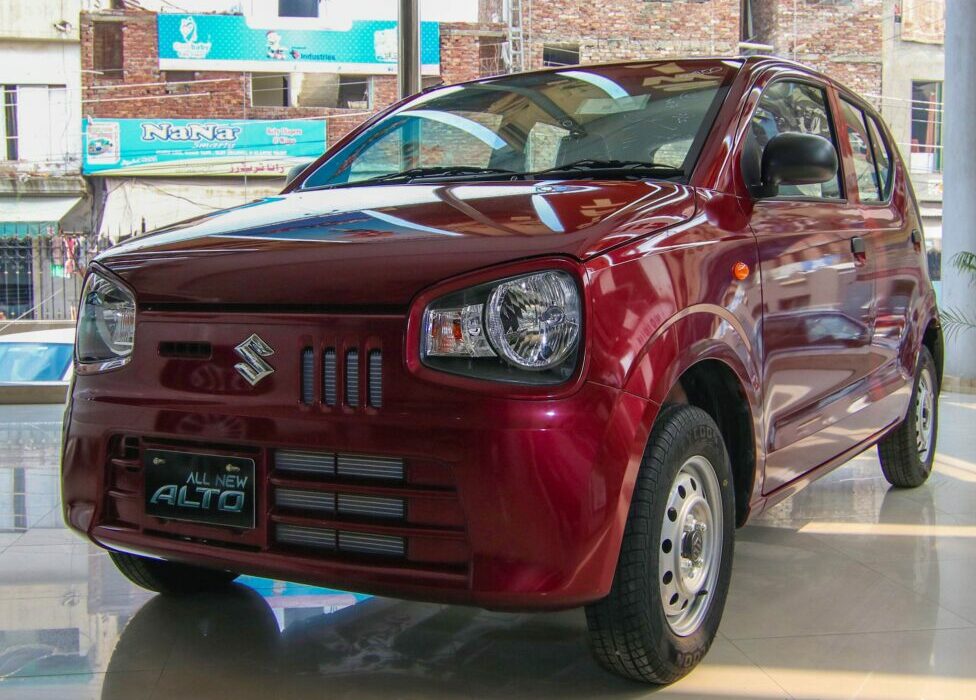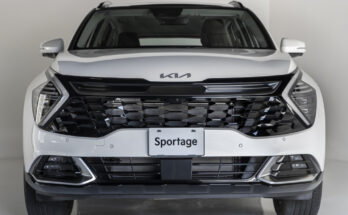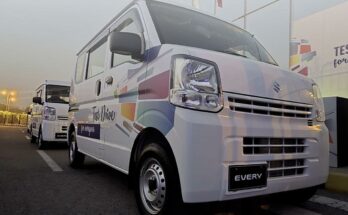The idea that higher localization of auto parts translates into cheaper vehicles has proven to be unrealistic in Pakistan as cars, as well as motorcycles, have only become pricier over the years.
In nearly 40 years of local vehicle assembly, depreciating currency value has emerged as a major reason for an increase in auto prices. This gives the impression that no serious effort has been made to use large volumes of locally manufactured parts in vehicle assembly. Pakistan’s import bill of completely and semi-knocked (CKD/SKD) kits reached an alarming all-time high of $1.7 billion in FY22, up from $1.11bn in FY21 primarily due to low localization in vehicles introduced by new entrants as well as those offered by existing assemblers.
Related: Auto Parts Vendors Criticize Assemblers for Low Localization & Higher Prices
The Automotive Development Policy 2016-21 attracted new entrants who started to roll out different varieties of cars. The industry ‘assembled’ an estimated number of 279,000 vehicles in Pakistan during FY22. Speaking to Dawn, the chairman of the Pakistan Association of Automotive Parts and Accessories Manufacturers (PAAPAM), Abdul Razzak Gauhar said:
“Localization in terms of percentage is not authentic. After the transition from the ‘deletion program’ to the Tariff Based System (TBS) regime in 2006, the annual monitoring of localization was stopped.”
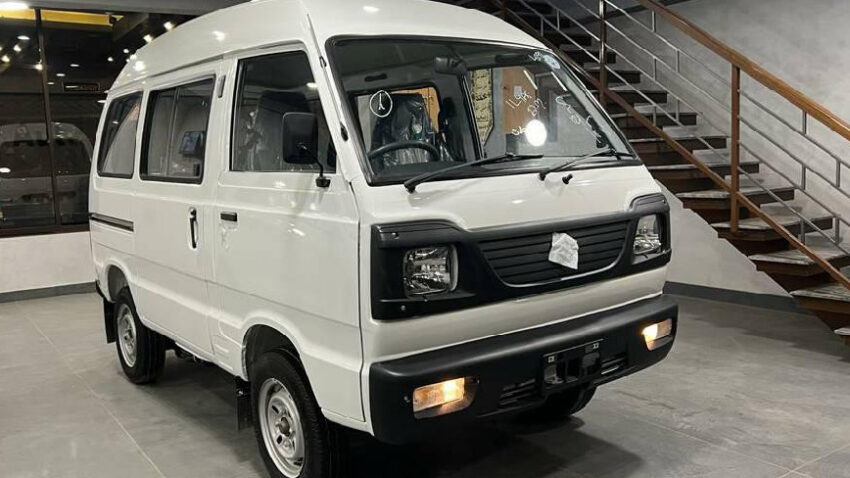
Mr Gauhar claimed that the assemblers’ figures are based on the percentage of the number of parts localized rather than the percentage of localization in terms of value.
Related: Can We Settle the Localization Debate With This?
The levels of localization in Suzuki Swift is 35%, that of Cultus is 51%, WagonR has 60% localized content, and Alto 660cc has 62%. The most astounding revelation came from the over 4 decades-old Bolan and Ravi models, in which the share of locally made content was 72% and 68% respectively. These two “legendary” Suzuki vehicles had only cosmetic changes in a span of over 4 decades rather than a full model change, apart from a Euro-II module.
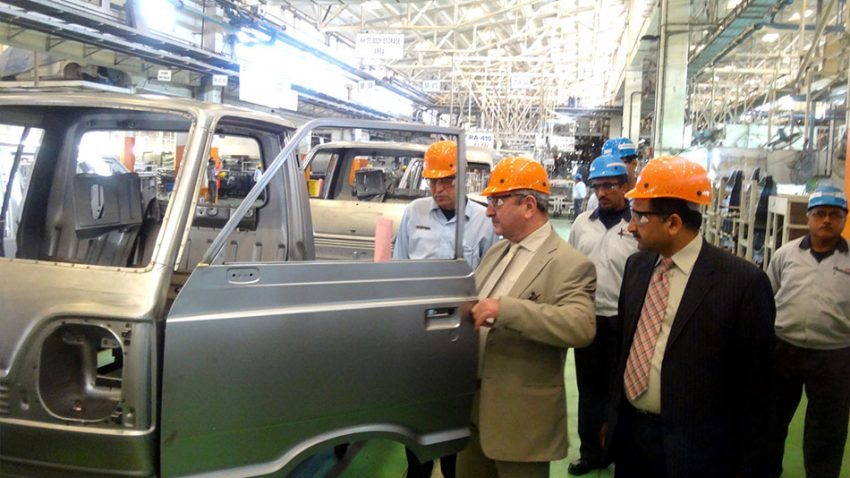
Suzuki Mehran remained on the assembly line for more than 30 years, with only a Euro-II engine change, just 70% localization, and an outdated interior and exterior design, followed by the 17-year-old Cultus MK-II and the 12-year-old Alto 1,000 cc. No successive governments had ever checked Pak Suzuki’s achievements of a different kind.
Related: How Morocco Become a Leading Automobile Production Hub
According to former PAAPAM chairman, Mashood Ali Khan, the almost 4-decade old engineering sector in the automotive industry could not indigenize parts to develop in Pakistan without the technical collaboration of foreign partners. He recalled that from 1990 to 2006, the country witnessed the initiative taken by two Pakistani engineers to develop local passenger cars and pickups but could not succeed in penetrating the market in the absence of government support.
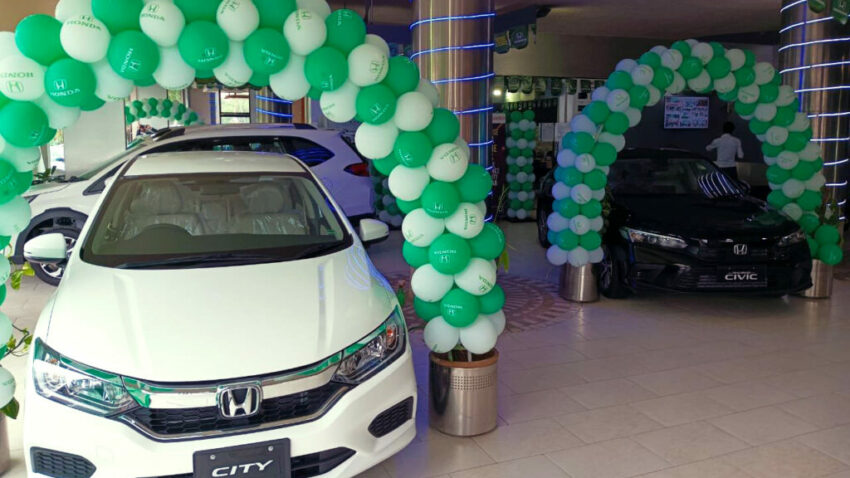
In a recent corporate briefing, Honda Atlas revealed that in terms of auto parts, localization levels for Civic are 60%, for City 70%, and for BR-V its 50%. However, in terms of the absolute amount of Pakistan rupees, the localization level is around 30% only. Indus Motor Company also claims to have achieved up to 65% localization while a nearly-decade-old 11th-generation Corolla has up to 68% local content. Despite this, the prices are almost 100% vulnerable to exchange rates, or more.
Related: CKD/ SKD Imports Hit Record $1.7 Billion in FY22
Furthermore, the Auto Policy 2016-2021 which had definitely changed the landscape of the country’s auto sector, but the policy incentives allow local assembly by new entrants at a mere 5% localization which caused a big hit to the national kitty due to a whopping import bill of CKD & SKD kits. Most newcomers have barely achieved around 10% localization during the last 5 years of operations. The damage to the import bill has also been done by the existing assemblers who had been introducing new models with a very small number of locally made parts.

A computer animation professional with over 23 years of industry experience having served in leading organizations, TV channels & production facilities in Pakistan. An avid car enthusiast and petrolhead with an affection to deliver quality content to help shape opinions. Formerly written for PakWheels as well as major publications including Dawn. Founder of CarSpiritPK.com

